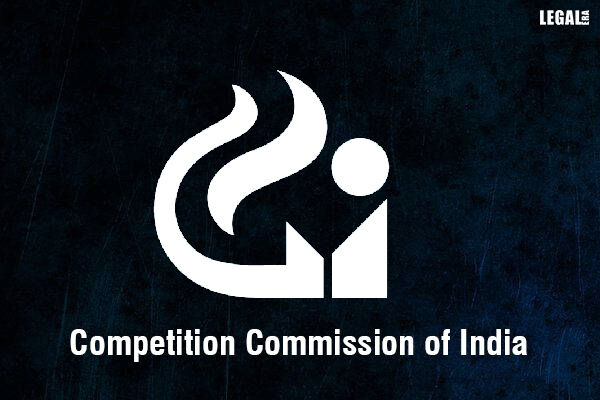
Austere Systems, Toyfort, Fimo Found Guilty Of Cartelisation By CCI
“CCI penalizes three firms for rigging soil testing bids in Meerut, Jhansi”
In a significant affirmation of regulatory oversight in public procurement, the National Company Law Appellate Tribunal has upheld the Competition Commission of India’s findings against three companies, Austere Systems, Toyfort, and Fimo Infosolutions for indulging in cartelisation and bid rigging in soil testing tenders issued by the Government of Uttar Pradesh in 2018. The decision marks an important precedent in the enforcement of fair competition principles in government contracting.
Background of the Case
In April 2022, the CCI concluded that the three firms, Austere Systems, Toyfort, and Fimo Infosolutions were not independent entities in the tendering process. The Commission’s investigation revealed that the companies shared close familial and business ties, and that their conduct indicated a coordinated effort to manipulate the bidding process in soil testing tenders for the Meerut and Jhansi divisions.
The tenders in question were part of the Uttar Pradesh government’s efforts to procure services for agricultural soil testing, a critical component of state-led agri-policy implementation. The integrity of such procurement processes is essential for ensuring quality and cost-efficiency in public services.
Findings of the CCI
The CCI found compelling evidence of bid rigging and collusive practices. According to the Commission, Toyfort and Fimo Infosolutions submitted bids not with the genuine intent to win, but to create a facade of competition, thereby enabling Austere Systems to emerge as the successful bidder.
The investigation concluded that the bids were coordinated to ensure that Austere Systems was favourably positioned to win the tenders. The companies coordinated conduct violated Section 3 of the Competition Act, 2002, which prohibits anti-competitive agreements, including bid rigging and collusive bidding.
Appeal Before the NCLAT
The CCI’s cease and desist order, along with a penalty imposing 5% of the average turnover on each of the three firms, was challenged before the NCLAT by the parties involved. After examining the case, the appellate tribunal concurred with the CCI’s findings, stating that the evidence was direct and corroborated by documentation and the conduct of the individuals involved. The NCLAT emphasized that this was a clear case of anti-competitive behaviour, executed with deliberate intent to circumvent the competitive bidding process.
Geographic Allocation and Supporting Bids
Further, the NCLAT observed that the anti-competitive conduct extended beyond the three companies initially identified. During the investigation, it emerged that Austere Systems and Yash Solutions had entered into an informal understanding to geographically allocate soil testing tenders. According to the tribunal, these firms either refrained from bidding in each other’s designated regions or submitted supporting bids to favour each other’s chances. This strategic allocation further highlights the depth of collusion present in the bidding process and the lengths to which the companies went to manipulate outcomes in their favour.
Implications
The NCLAT’s decision to uphold the CCI’s order reinforces the regulatory framework designed to safeguard transparency and fairness in public procurement. The case underlines the importance of vigilant oversight in detecting and penalizing cartelisation, especially in sectors where public funds and essential services are at stake.
For public authorities and private enterprises alike, the ruling serves as a cautionary reminder that collusion in any form is subject to serious legal and financial consequences. The outcome is expected to bolster deterrence against bid rigging and strengthen confidence in India’s competition law enforcement mechanisms.